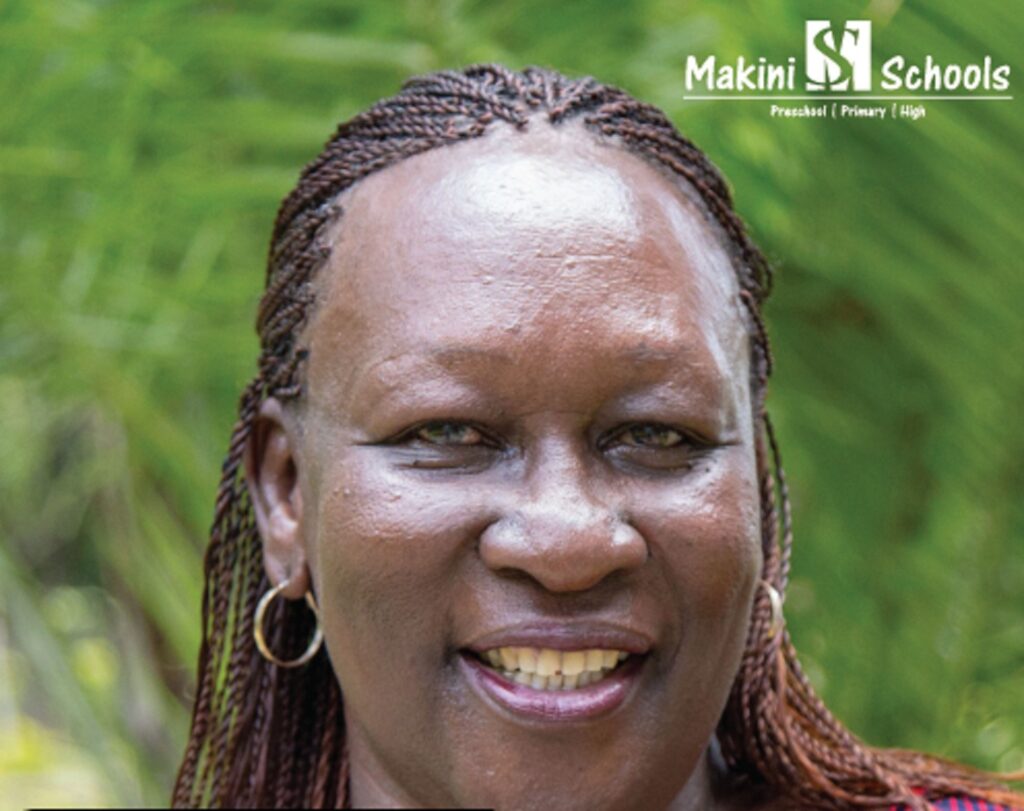By: Jenny Coetzee, Managing Director at Crawford International School and Angelica Ouya, Education Director at Makini School

In today’s world, Adaptability Quotient (AQ) is a major factor supporting the success of an individual in life. Educational experts advise that parents and schools should actively develop this important skill in the children in their care to prepare them for the current fast passed life.
We live in a world that is changing faster than ever before. The economy, technology, society and environment are all undergoing rapid transformations that affect our lives and careers. To thrive in this uncertain and complex world, our children need a new kind of intelligence that helps them adapt and grow – Adaptability Quotient.
Most people are aware of Intelligence Quotient (IQ), which measures how well someone can think logically and solve problems. They may also be aware of the concept of Emotional Quotient (EQ), which measures how well someone can understand and manage their own and others’ emotions.
Ones IQ and EQ are important skills, but they are not enough to cope with the challenges and opportunities of the 21st century. That is where Adaptability Quotient (AQ) comes in. Adaptability Quotient (AQ) is the ability to adjust to new and changing situations quickly and effectively. It is a combination of IQ and EQ, plus some other skills that help us deal with uncertainty, complexity, and ambiguity.
People with high AQ can learn new things, handle stress, overcome obstacles, collaborate with others and embrace change more effectively. These are essential skills for success in any career and in life.
Some of the reasons why AQ is important for children to develop include flexibility, which means they can learn new skills and adjust to different situations easily. This is crucial in a world where jobs and careers are constantly changing and evolving.
Innovation and collaboration helps children come up with new solutions to problems and work well with others. This is important in a world where innovation and teamwork are key drivers of growth and competitiveness.
Resilience in children arms them with the capability to cope with setbacks and failures. Children need to learn to spring back after experiencing an obstacle. It toughens them up while learning to overcome challenges and maintain a positive outlook.
AQ is also very relevant for student leaders. Self-awareness helps individuals better understand who they are and the values they uphold. This aids in building the self-confidence required to lead change effectively. Leaders with high AQ can anticipate changes in their environment, look at various possibilities and adapt accordingly and inspire their followers to do the same.
There are a number of ways in which schools, teachers and parents can support students in the development of their AQ. These include encouraging them to participate in sport, training them to keep the bigger picture front of mind when facing challenges, inculcating self-awareness and resilience and exposing them to new experiences and challenges.
Sports and especially team sports, is an excellent resource for developing AQ because it teaches young people how to deal with both victory and defeat. It creates an opportunity for children to learn how to work as a team towards a common goal.
While younger children struggle to look beyond the challenges facing them, developing AQ will help them think more widely about problems and consider various solutions and outcomes. Parents can help develop these skills by talking through challenges, asking open-ended questions and proposing alternative solutions to problems.
It is also important to teach children to be self-aware and resilient, which helps them recognise their strengths and areas of development by learning from mistakes. It is important to be able to move on from setbacks without blowing the issue out of proportion and to keep the big picture in mind. Parents and teachers should recognize and encourage continuous improvements beyond performance.

NB: Views expressed in this article do not reflect the position of Kenya Broadcasting Corporation.





